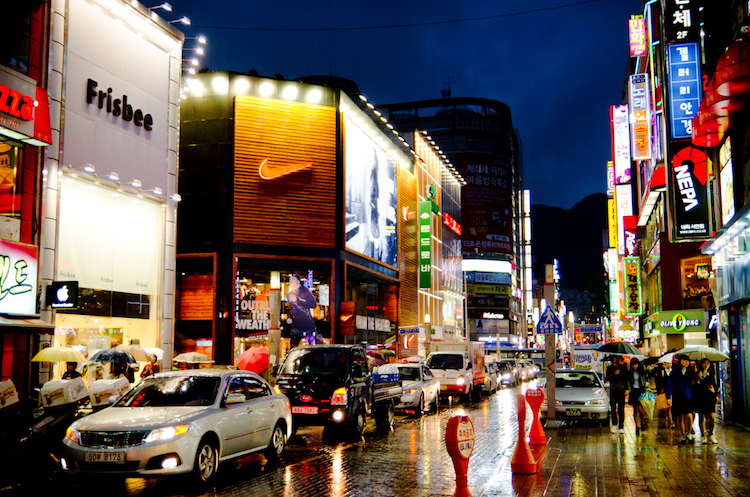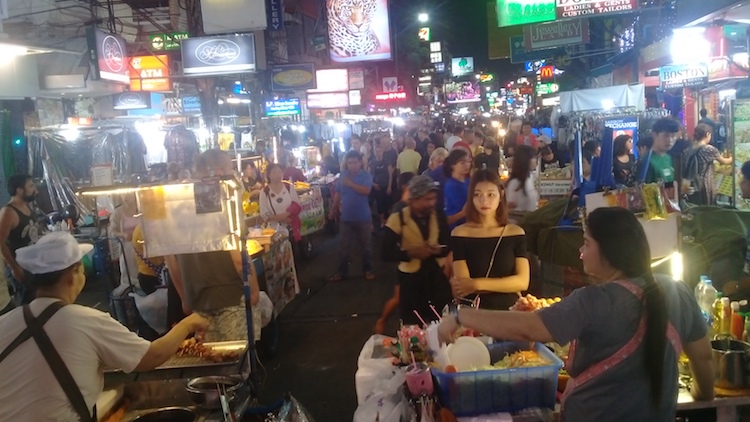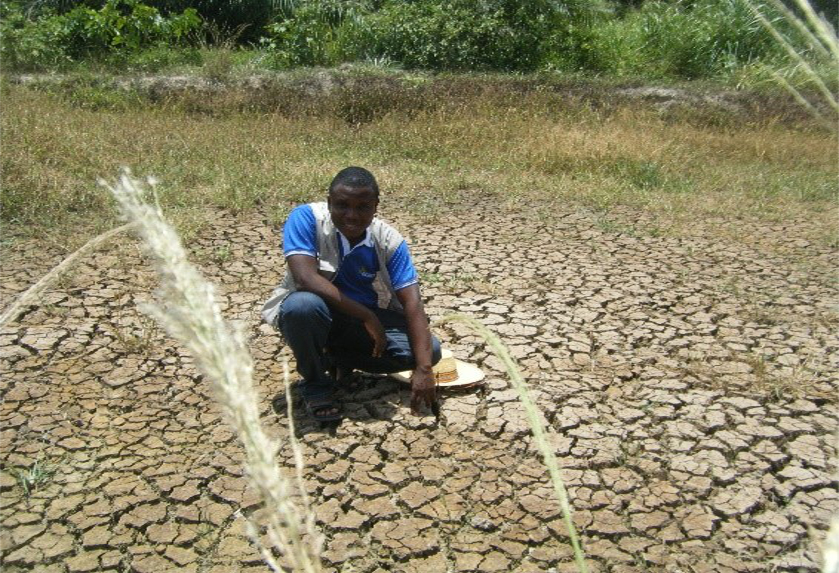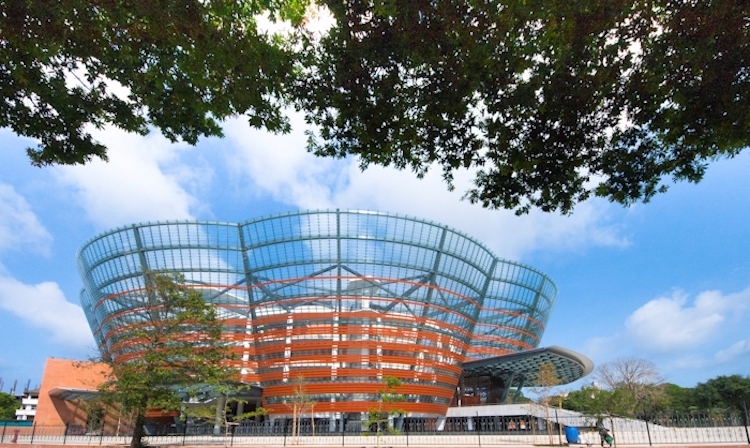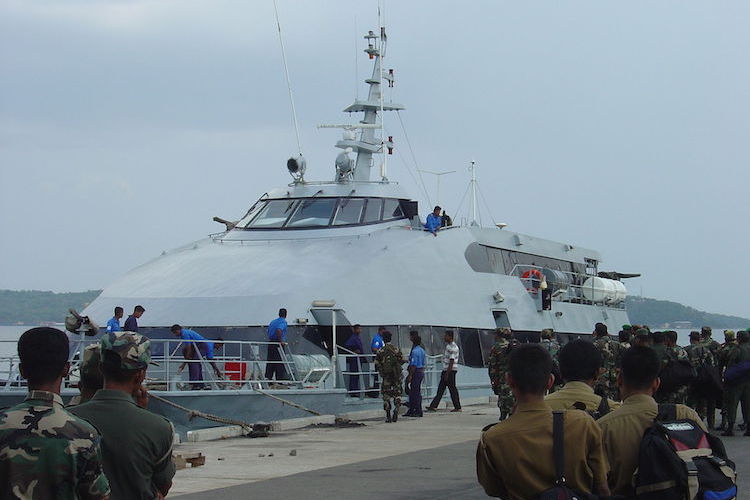By Kalinga Seneviratne SYDNEY (IDN) – A peoples’ movement is gathering steam across Australia to stop a project by an Indian company to establish Australia’s biggest ever coal mining project that is supposed to create 10,000 jobs in a remote region of northern Queensland. The protest movement – which distrusts politicians – argues that Australia […]
South Korea Urged to Keep Increasing Development Aid
By Tae Han Goo SEOUL (IDN) – South Korea, often cited as a leading example of how sound economic policies can drive growth and development, blazing a trail from poverty to advanced industrialisation throughout the 1970s and 1980s, will have a greater impact on international development cooperation if it manages to produce a clear plan […]
Beware of Branding Africa as the World’s Most Corrupt Region
By Jutta Wolf This is the first in a series of reports highlighting salient aspects of Transparency International‘s latest analysis on challenges posed by corruption around the world as well as successes and failures of efforts targeting a scourge that eats into the vitals of human rights. – The Editor. BERLIN (IDN) – Though Africa […]
Ethiopian Resignation Triggers Anxiety, Anger and Emergency
By Lisa Vives, Global Information Network NEW YORK | ADDIS ABABA (IDN) – The Ethiopian government has given itself sweeping new powers – from restrictions on freedom of assembly and free expression to the deployment of combat-ready troops in civilian centers. The newly imposed state of emergency is expected to last six months. The harsh […]
Sustainable Livelihoods Behind Street Vending in Thailand
By Kalinga Seneviratne KHAOSAN, Bangkok (IDN) – When people talk about sustainable development there is rarely any mention of the many street vendors who make a living on streets in Thailand, as across the rest of Asia. Even attempts to stop them doing business – like the unsuccessful year-long attempt by the governor of Bangkok […]
UN Agency in Talks with Israel on African Asylum Seekers
By Jaya Ramachandran GENEVA | TEL AVIV (IDN) – UNHCR, the UN Refugee Agency, is negotiating with Israel to resettle a portion of African asylum seekers in third countries deemed by the UN to be “safe,” perhaps including Western countries, in exchange for some of the refugees to be given permanent residency in Israel, according […]
Drought Forces Ghana To Ration Water Supply
By Global Information Network NEW YORK | ACCRA (IDN) – The state-owned Ghana Water Company Ltd (GWCL) has announced that due to severe dry winter winds (called ‘harmattan’) and the drying up of rivers, water deliveries will be rationed over the coming months while the country awaits the rain. “We are sorry to inform the […]
Challenges and Opportunities Sri Lanka-China Relations Face
By H.M.G.S. Palihakkara Hewa Matara Gamage Siripala Palihakkara is former Governor of the Northern Province, one of the nine provinces, of Sri Lanka and former Foreign Secretary. Following are extracts from a foreword to the collection of essays by academics on Sri Lanka-China Relations ‘The Island of the Lion and the Land of the Dragon’, […]
Sri Lanka Celebrating Independence In Chains Of Its Own Making
By Kalinga Seneviratne BANGKOK (IDN) – While Sri Lanka “celebrates” 70 years of independence from British colonial rule this month, its sovereignty is being threatened as never before since gaining independence in 1948 – tempting one to remark that Sri Lanka is celebrating ‘independence in chains’. The strategically placed Indian ocean island is an important […]
UN, African Union Partnership Key to Success of Peacekeeping
By J Nastranis NEW YORK (IDN) – Strong partnership between the United Nations and African Union is a key to the success of peacekeeping operations of the Joint Task Force on Peace and Security, particularly in view of an increasingly complex nature of conflict and the lack of progress of political processes, a consultative meeting […]


